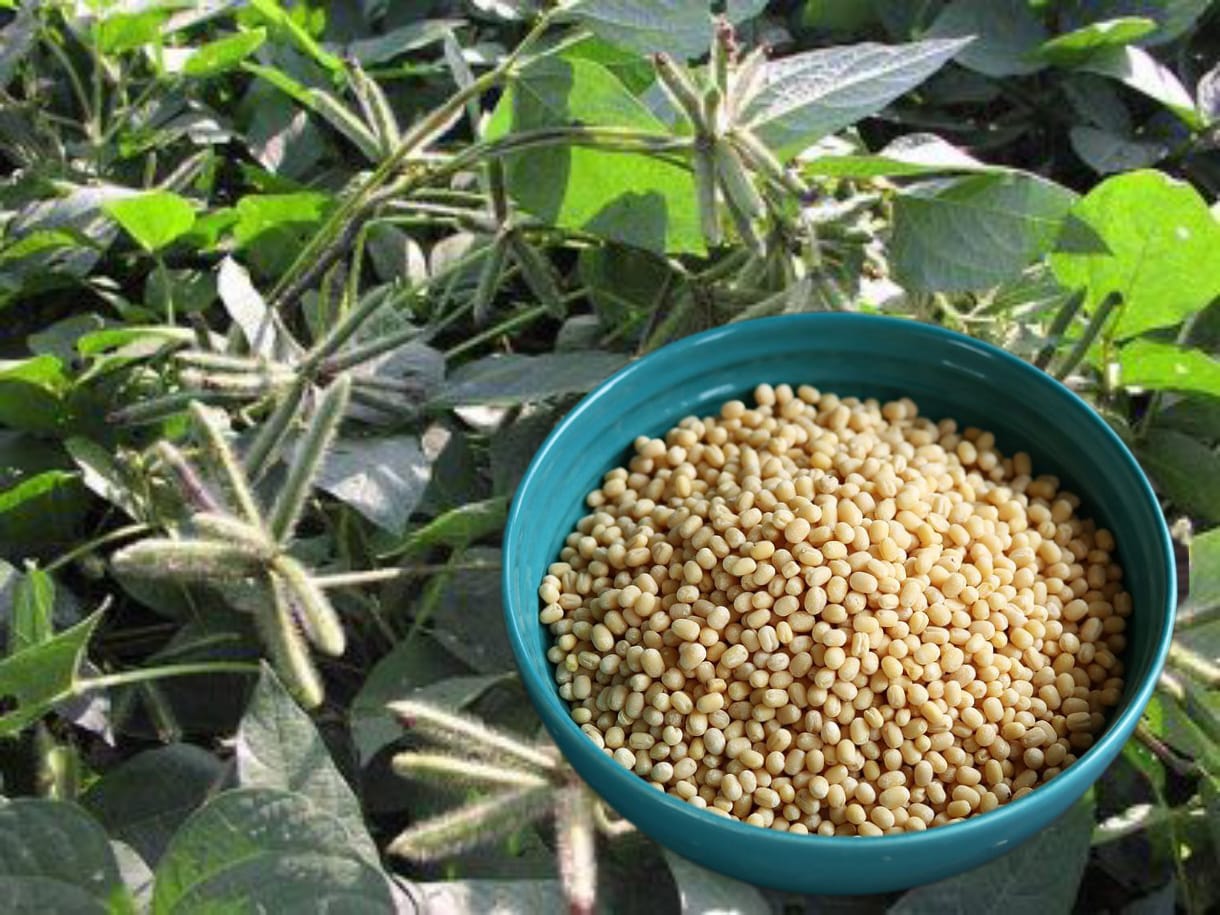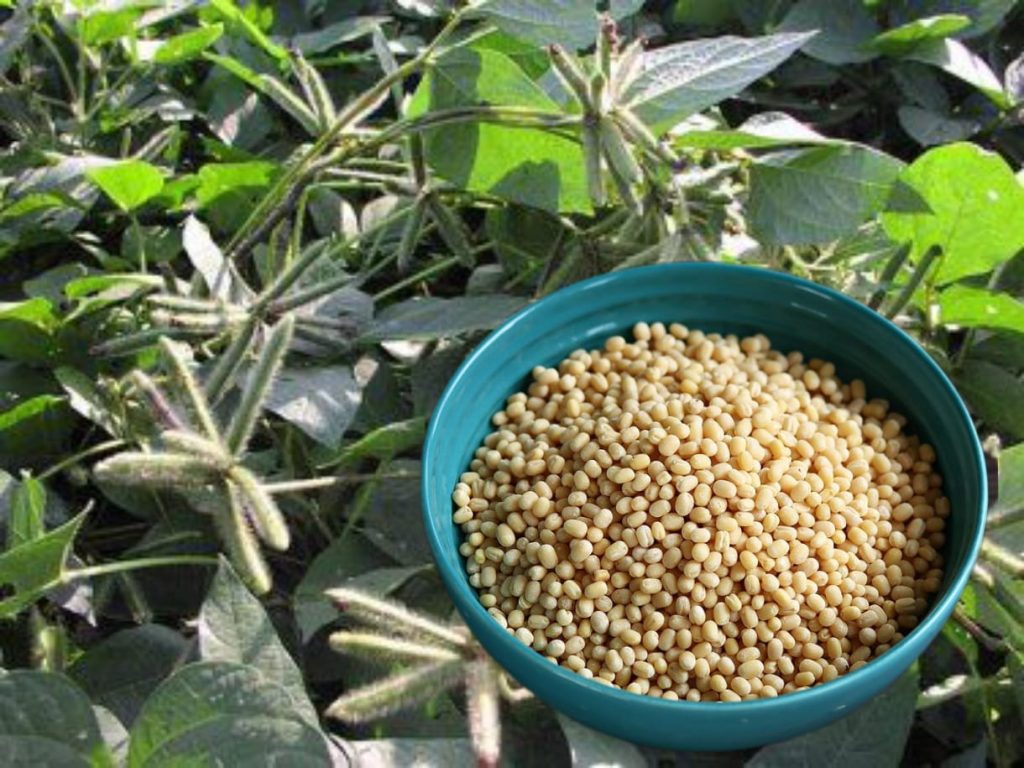
ഉഴുന്നു നടുന്ന വിധം വീടുകൾ തന്നെ നമുക്ക് ഉഴുന്ന് കൃഷി ചെയ്യാം Urad Dal Farming (Black Gram / Vigna mungo) – A Complete
ഉഴുന്നു നമുക്ക് വീടുകളിൽ തന്നെ ചെയ്തെടുക്കാവുന്ന ഒന്നാണ് നമുക്ക് ഏറ്റവും പെട്ടെന്ന് ഉണ്ടാക്കിയെടുക്കാൻ പറ്റുന്ന തന്നെയാണ് മുളപ്പിച്ചെടുത്തതിനു ശേഷം അതിനെ നമുക്ക് മുള വന്ന ഭാഗം മണ്ണിലേക്ക് താഴ്ത്തി നട്ടു കൊടുക്കാണ് ചെയ്യുന്നത് അതിനായിട്ട് നമുക്ക് ചെറിയ കാര്യങ്ങൾ മാത്രമേ ചെയ്യാനുള്ളൂ വളരെ എളുപ്പത്തിൽ ഉണ്ടാക്കി എടുക്കാൻ പറ്റുന്ന ഒന്നുതന്നെയാണ്
തയ്യാറാക്കാൻ വളരെ എളുപ്പമാണ് പെട്ടെന്ന് ചെയ്തെടുക്കാൻ വരുന്ന കേക്കുമ്പോ തന്നെ നമുക്ക് കൗതുകം തോന്നും ഒരുപാട് വിലയാണ് ഉഴുന്നിന് പുറത്ത് ഉഴുന്ന് വാങ്ങുന്ന കാര്യം പറയുമ്പോൾ തന്നെ നമുക്കറിയാം അത്രമാത്രം വിലകൂടി ഒന്നുതന്നെയാണ് അതുപോലെ തന്നെ

ഉഴുന്നു നമുക്ക് ഒരിക്കലും ഒഴിച്ചുകൂടാൻ പറ്റാത്ത ഒരു കാര്യം തന്നെയാണ് എല്ലാ ദിവസവും നമുക്ക് ദോശയും ഒക്കെ കഴിക്കണമെങ്കിൽ നമുക്ക് അത്യാവശ്യം തന്നെയാണ് അതുകൊണ്ട് ഉഴുന്നുവെച്ചിട്ടുള്ള പലതരം വിഭവങ്ങളും നമുക്ക് ഒരുപാട് ഉപകാരപ്പെടും തയ്യാറാക്കുന്ന വിധം കൊടുത്തിട്ടുണ്ട്. വീഡിയോ നിങ്ങൾക്ക് ഇഷ്ടമായാൽ ചാനൽ സബ്സ്ക്രൈബ് ചെയ്യാനും ഷെയർ ചെയ്യാനും മറക്കരുത്.
Basic Information:
| Feature | Details |
|---|---|
| Common names | Urad dal, Black gram, Masha, Ulundu |
| Scientific name | Vigna mungo |
| Crop duration | 70–90 days (variety-dependent) |
| Climate | Warm, semi-arid |
| Major states in India | Tamil Nadu, Andhra Pradesh, MP, Maharashtra, UP, Punjab |
🌾 Ideal Conditions for Farming
1. Climate:
- Requires 25–35°C temperature.
- Grows well in moderate rainfall (600–800 mm).
- Sensitive to waterlogging — avoid heavy rains during flowering.
2. Soil:
- Grows in well-drained loamy or black cotton soils.
- pH: 6.0–7.5.
- Avoid saline or highly alkaline soils.
🚜 Land Preparation:
- Plough the field 2–3 times to achieve fine tilth.
- Apply FYM/compost (5–10 tons/acre) to enrich the soil.
- Level the land for even water distribution.
🌱 Sowing Guide:
| Element | Details |
|---|---|
| Time of sowing | Kharif: June–July Rabi: Oct–Nov |
| Seed rate | 8–10 kg/acre |
| Seed treatment | Rhizobium + PSB culture to enhance nitrogen fixation |
| Spacing | 30 cm (row) × 10 cm (plant) |
| Sowing method | Line sowing or broadcasting |
💧 Irrigation:
- Usually rainfed, but 1–2 irrigations during flowering & pod-filling boosts yield.
- Avoid overwatering; urad is drought-tolerant but not flood-resistant.
🌿 Nutrient Management:
- Basal dose (per acre):
- Urea: 8–10 kg (for nitrogen)
- SSP (Single super phosphate): 40–50 kg
- Urad fixes nitrogen naturally with rhizobia, so needs less nitrogen externally.
🐛 Pest & Disease Control:
| Problem | Solution |
|---|---|
| Aphids, jassids | Neem oil spray / Imidacloprid 0.5 ml/L |
| Powdery mildew | Wettable sulfur 2g/L or Hexaconazole |
| Leaf spot | Copper oxychloride spray |
| Root rot | Seed treatment + crop rotation |
🧺 Harvesting & Yield:
- Ready in 70–90 days when 80% pods dry and turn black.
- Harvest early morning to avoid shattering.
- Yield:
- Rainfed: 3–5 quintals/acre
- Irrigated: 6–8 quintals/acre
💰 Market & Profitability:
- Urad dal has steady market demand, especially in South Indian cooking.
- Value-added products: papads, vada mixes, flour, etc.
- Organic urad fetches higher prices in niche markets.
✅ Tips for Success:
- Use certified seeds (e.g., varieties like T9, PU-19, TAU-1).
- Practice crop rotation with cereals like wheat/rice.
- Intercropping with maize or sorghum increases income.
- Incorporate green manure or biofertilizers for long-term soil health.
Would you like:
- A cost & profit estimate per acre?
- Organic urad farming tips?
- Best high-yielding varieties for your region?
Let me know and I’ll customize it for you! 🌱
